Each residential, commercial, and industrial property is loaded with electric cables. As conductors of electricity, they must be kept away from other conductors in order to prevent a short circuit. PVC cables or XPLE cables are the most widely used ones, it is essential for every business owner to understand the differences between them to make the correct choice. More on that below.
What is a PVC Cable?
A PVC cable – meaning poly vinyl chloride – is an electrical cable that is coated with PVC, and offers superior insulation and protection to the main wire. PVC insulated cables provide property owners with several advantages:
- They have no chemical properties and hence, can widely be used in various chemical industries
- They are waterproof, which is why they are ideal for properties with both high and low temperatures
- They are highly flexible in different weather conditions
- They have a low relative permeability, i.e., they rarely let liquids or gases pass through
- They are more reasonably priced as compared to many other electric cables
What is an XLPE Cable?
XLPE in XLPE cable stands for cross linked polyethylene and is given the name as it is insulated with this material. They also offer several benefits to property owners, such as:
- They can be used in extreme weather conditions, i.e., in places with scorching summers and frigid winters
- They are crack, abrasion, and scratch resistant
- They limit radiation effects
- They can be used in applications with high voltage
- They are waterproof and hence, can be used in moist or wet areas
Differences Between an XLPE and PVC Cable
You have seen the benefits of using PVC vs XLPE cables, but there are a few more notable differences that you should know about before choosing which one is right for your property.
| Factor | PVC Cable | XLPE Cable |
|---|---|---|
| Electric Load | Suitable for Regular Loads | Suitable for Greater Loads |
| Installation | Easy to Install | Slightly Tougher to Install |
| Heat Resistance | Average | Good |
| Chemical Resistance | Good | Very Good |
| Maximum Operating Temp. | 70 Degrees C | 90 degrees C |
| Short Circuit Temp. | 160 Degrees C | 250 degrees C |
| Lower Operating Temperature | -15°C for General Purpose Compounds | -400 C for XLPE Grade. |
| Health | Toxic | Neutral |
| Toughness | Good | Poor Compare to PVC |
| Cost Saving | High Cost Compare to XLPE Insulated Cable | Low Cost Compare to PVC Insulated Cable |
Now that you know the benefits of XLPE and PVC cables, you are probably wondering which brand to go with. Not to worry, we have got you covered.
KEI Cables – India’s Leading Cable Manufacturer
KEI wires and cables are renowned pan India and across the world for their superlative product quality. We specialize in manufacturing state-of-the-art XLPE and PVC cables for all types of properties. These include Extra High Voltage (EHV), Medium Voltage (MV) and Low Voltage (LV) power cables. To know more, send us an email on info@kei-ind.com or visit www.kei-ind.com to view our entire product range.







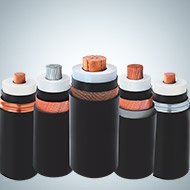
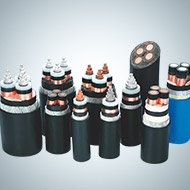
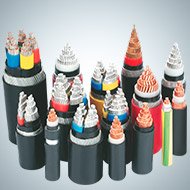

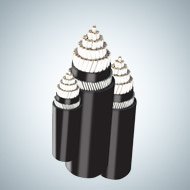
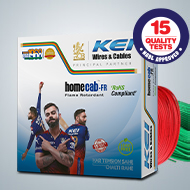
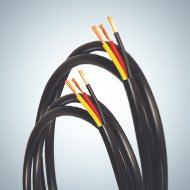
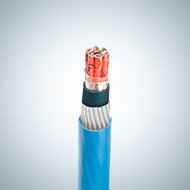
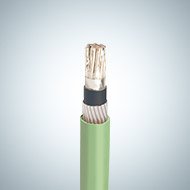
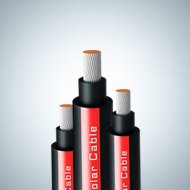
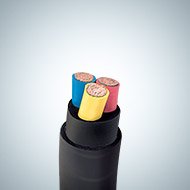
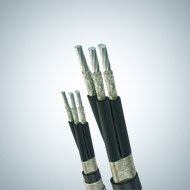
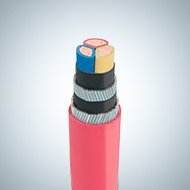
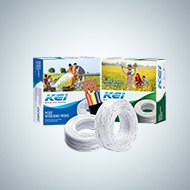

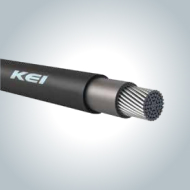
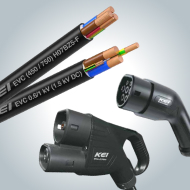
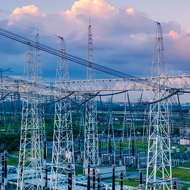



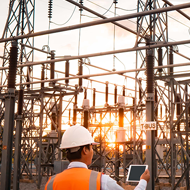























 Subscribe Newsletter
Subscribe Newsletter